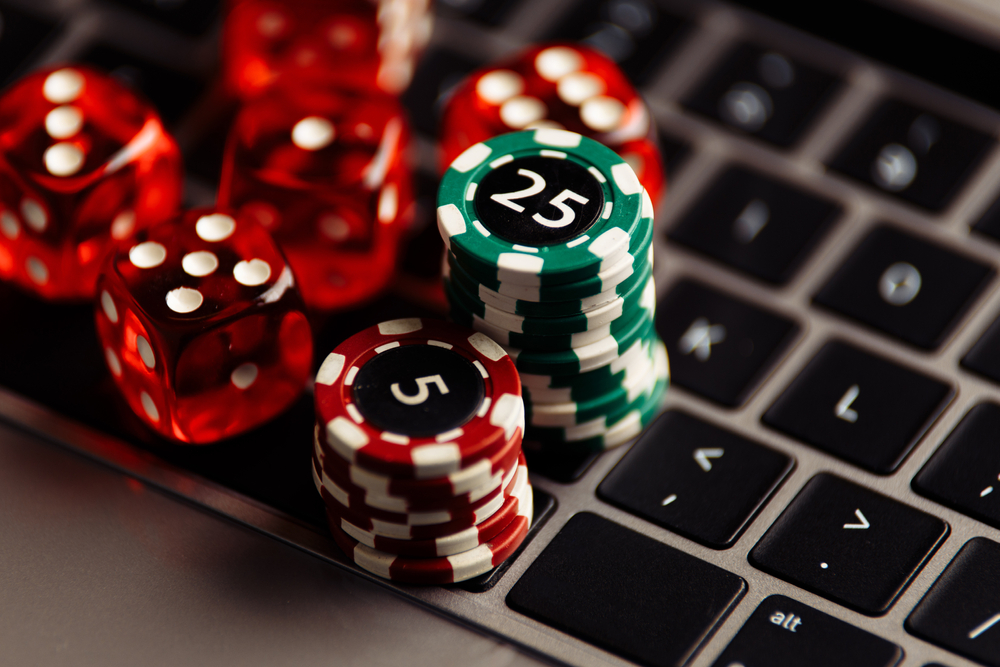
Picture this: you’re sitting at a high-stakes poker table, beads of sweat forming on your forehead as you anxiously glance at your hand. The player across from you seems calm and collected, but you can’t shake the feeling that there’s something off about them. As the round progresses, you start to notice subtle clues that suggest this player might be pulling off a masterful deception.
Deception is a common strategy employed by poker players to throw off their opponents and gain an edge in the game. It involves using tactics such as bluffing, misdirection, and psychological manipulation to make others believe something that isn’t true. In the hands of a skilled player, deception can be a powerful tool that can turn the tide of a game in their favor.
The Art of Bluffing
One of the most common forms of deception in poker is bluffing. Bluffing involves betting or raising with a weak hand in order to make others believe you have a strong hand. A skilled bluffer knows how to read their opponents and use their knowledge of the game to make strategic bets that will convince others to fold.
One of the key elements of a successful bluff is timing. Knowing when to bluff and when to fold is crucial to maintaining the element of surprise and keeping your opponents on their toes. A masterful bluffer can make their opponents doubt their own judgment and second-guess their decisions, leading them to make mistakes that can be capitalized on.
Misdirection and Manipulation
Another common form of deception in poker is misdirection and manipulation. This involves using subtle cues and gestures to create the illusion of a strong hand or to mislead your opponents into making incorrect assumptions. By carefully controlling your body language, tone of voice, and facial expressions, you can make others believe whatever you want them to believe.
One of the most effective ways to mislead your opponents is to create a “false tell.” A false tell is a deliberate action or gesture that is designed to deceive others into thinking you have a weak hand when, in fact, you have a strong one. By carefully orchestrating your false tell, you can throw your opponents off balance and make them more likely to make mistakes.
The Psychology of Deception
Deception in poker is as much about psychology as it is about strategy. By understanding the motivations and thought processes of your opponents, you can anticipate their moves and use this knowledge to your advantage. A skilled player knows how to exploit the weaknesses and insecurities of others, making them more susceptible to deception.
One common psychological tactic used in poker is intimidation. By projecting an air of confidence and assertiveness, you can make others doubt their own abilities and succumb to pressure. Intimidation can be a powerful tool in poker, but it must be used carefully to avoid alienating your opponents and losing their trust.
Maintaining the Deception
One of the biggest challenges of deception in poker is maintaining the illusion over the course of a game. As the rounds progress and the stakes get higher, the pressure to maintain the deception can become overwhelming. A skilled player knows how to stay cool under pressure and adapt their tactics as the situation changes.
One key to maintaining a successful deception is consistency. By keeping your actions and behavior consistent throughout the game, you can avoid arousing suspicion and keep your opponents guessing. Consistency is crucial for maintaining the trust and respect of your opponents and ensuring that your deception remains effective.
The Final Showdown
As the game draws to a close and the final bets are placed, the true skill of the poker player’s deception is put to the test. A masterful deceiver knows how to read their opponents and make strategic decisions that will lead to victory. By carefully orchestrating their deception and staying one step ahead of their opponents, they can secure a win and walk away with the ultimate prize.
Deception in poker is a skill that takes time and practice to master. By understanding the strategies and tactics involved in deception, you can become a more formidable opponent and increase your chances of success at the poker table. Whether you’re a seasoned pro or a beginner, the art of deception is a valuable tool that can help you take your game to the next level.






























